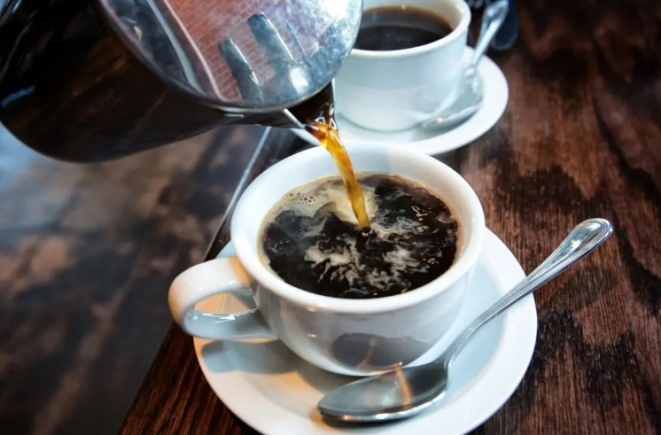For many, caffeine is considered a guilty pleasure. But there is growing evidence that our daily fix isn't necessarily a bad thing. In fact, it might actually be doing us some good.
Caffeine has been getting a bad rap recently. Whether it’s highly caffeinated energy drinks making it difficult for kids to concentrate in class, or too many teas and coffees during the day leaving us unable to sleep at night, caffeine, in many people’s eyes, is a cause for alarm.
As such, the general advice regarding caffeine consumption increasingly seems to be to cut back on it or cut it out altogether. But it’s not as if caffeine is entirely without merit. There’s no denying it’s a psychoactive substance. Or, to put it more bluntly, caffeine is a drug (the world’s most widely consumed drug, in fact – chances are, you’re under its influence right now).
But, like many drugs, in the right dose, it has benefits. It was the clarity and energy that doses of caffeine provided (distributed via the tea and coffee houses of Europe) that helped usher in the Enlightenment and make the switch from farms to factories during the Industrial Revolution.
But dosage is the key variable. And although coffee and tea have been providing us with a tasty pick-me-up for centuries, nowadays more of us are consuming caffeine in much higher concentrations due to the boom in energy drinks and tablets.
This has prompted a rise in research into caffeine, as scientists work to better understand its effects on us and the mechanisms by which it produces them. So what are we learning from all this research? For one thing, just how differently each of us processes and reacts to caffeine.


